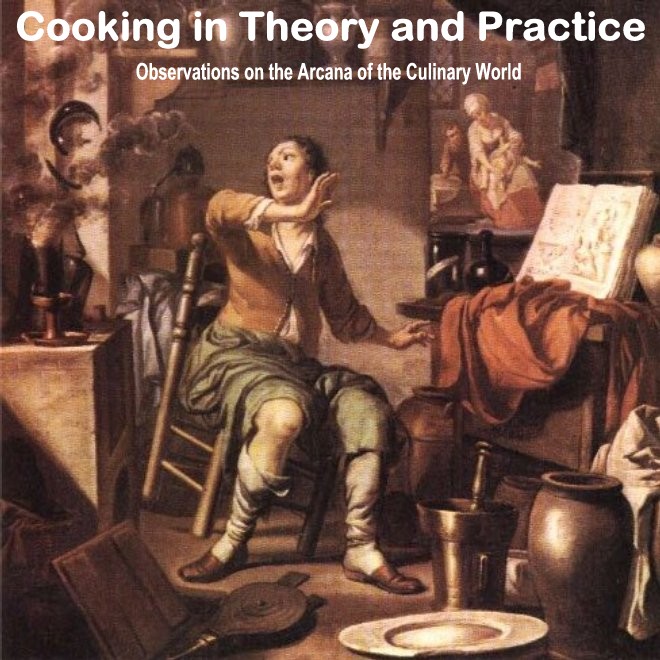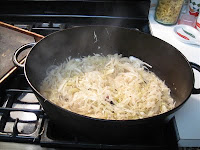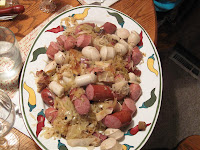A difference that makes no difference is no difference - William JamesOr not. If you can accomplish a task with one button push rather than two there is a difference.
This is prompted by what I hope will be a lively discussion, between
Michael Ruhlman and
James Peterson over measuring by weight vs. volume in baking, that started on Facebook. (For the record I am with Peterson on flour (too many variations even with a single brand. It's one of those are where experience is the best measurement) and Ruhlman on just about everything else.) Now I am a big fan of digital scales in the kitchen, but this seemed a good opportunity to tear in to the "tare" debate.
To quote Inigo Montoya: "You keep using that word. I do not think it means what you think it means."
Many educated cooks recommending features on a digital scale, including Michael and Alton Brown suggest that you look for a "Tare" or zero function as if they are the same. Michael, who despite what must be an overflowing inbox is unusually gracious in responding to my e-mails,
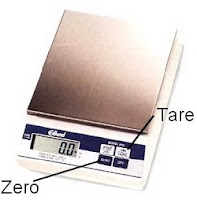
said: "zero function and tare are the same thing no?".
Proof #1: This my scale, a horribly expensive Edlund E-80 I picked up at a restuarant auction for $10 because it had no cord (works well and is quite mobile on a 9 volt battery, or could work on one of those universal cords, but why?). It has both a Tare and a Zero button. Michael's own more affordable
scale also has both. Why would a manufacturer give you two buttons that are identical when they can charge you the same but save money on the extra button? We'd never know the difference
Proof #2: They work differently.
The zero is so easy to understand a caveman could do it. Turn scale on. Put container on. Press zero. Scale goes to zero. Add 500g stuff. Press zero. Scale goes to zero. Add 300g stuff. Press zero. Scale goes to zero. Etcetera, etcetera, etcetera. This is the function useful for the cook.
The tare button has a different, specific task. My Dad's 1941 edition of Webster's defines tare as: "A deduction of weight, made in allowance for the weight of a container or vehicle". Useful for portion control or at the Wegman's Olive bar where the chek'em'out person can correct for the weight of the plastic. But that's not optimal for cooking. Turn scale on. Put container on. Press tare. Scale goes to zero. Add 500g stuff. Press tare Scale goes to . . . combined weight of stuff and container. You basically have turned the tare function off. Press tare a third time and it will re-tare to zero. But that is an extra button push.
Considering that if you boot up with a container on the scale it automatically tares, the tare button is acually redundant. YMMV, but that's what I tell classes.
So is this a difference that makes no difference? Weigh in!
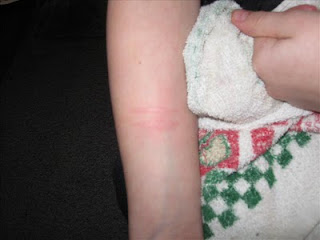 One of those days on the cooking front. Anyone who cooks has made mistakes. My devotion to cooking began with a mistake over soup. Today all girls learned important lessons.
One of those days on the cooking front. Anyone who cooks has made mistakes. My devotion to cooking began with a mistake over soup. Today all girls learned important lessons.